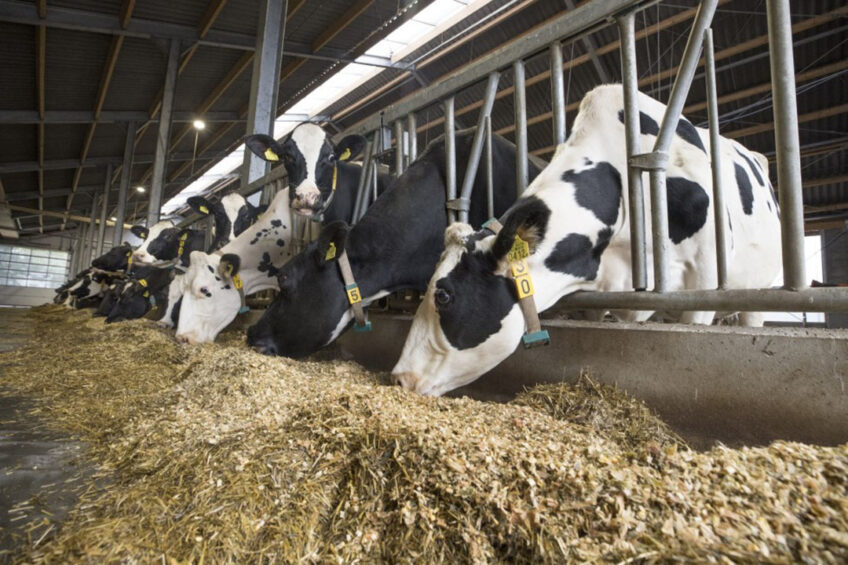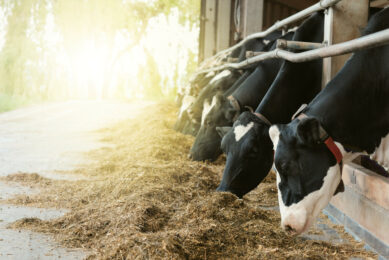UK BSE case prompts farmer survey

All active cattle farmers in Great Britain are being asked to participate in a short survey following a recent case of Bovine Spongiform Encephalopathy (BSE) detected in England.
The case, uncovered on a farm in Somerset last September, was potentially linked to residual contaminated feed from a silo that had been in use since the early 1980s and was the most likely source of infection.
There have been 5 cases of confirmed BSE in the UK since 2014 – all of these have been in animals which, as fallen stock, were not designed for the human food chain and posed no risk to the public, according to the Food Standards Agency.
Dairy feedstuff
The survey, launched by the Animal and Plant Health Agency (APHA) on behalf of the Department for Environment, Food and Rural Affairs (Defra), and the Scottish and Welsh governments, hopes to establish whether farmers still use a silo or any other container storing loose concentrated feedstuffs, that predates 1 August 1996, and how has it been cleaned since that time. That date marked the introduction of the reinforced ban on feeding of processed animal protein to farmed animals.
APHA said the aim of the survey, which involves 7 short questions is to gather supportive information to help Great Britain’s attempt to obtain negligible BSE risk status as recognised by the World Organisation for Animal Health (WOAH).
Negligible BSE risk status
This will help facilitate trade and access new markets for export of British beef and feed products as Great Britain currently has controlled BSE risk status. To apply for negligible BSE risk status, a country must demonstrate effective BSE surveillance and adequate mitigation measures, to prevent the occurrence of further cases of the disease.
To help support this application, APHA needs to assess how many silos, or similar loose feed containers, that predate the 1996 feed ban are still in use on cattle farms or have been in use in the recent past.
Even if farmers do not have a silo that was in use before 1 August 1996, APHA would like farmers to complete the survey to allow them to gain a bigger picture of the progress made over the years: “Your input is invaluable in contributing to the government’s drive to eradicate BSE and obtain negligible BSE risk status.”
The survey has the support of the Agriculture and Horticulture Development Board, British Cattle Veterinary Association, Farmers’ Union of Wales, National Farmers’ Union and others.
Join 13,000+ subscribers
Subscribe to our newsletter to stay updated about all the need-to-know content in the dairy sector, two times a week.










